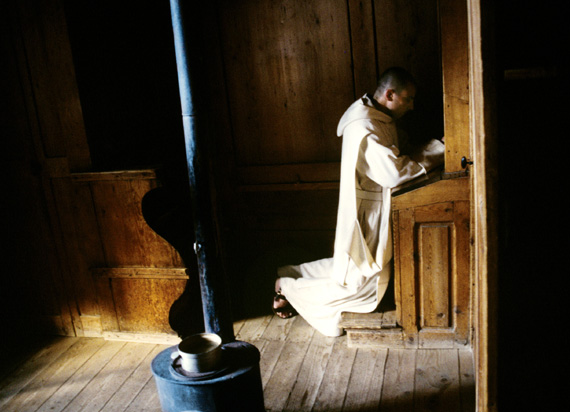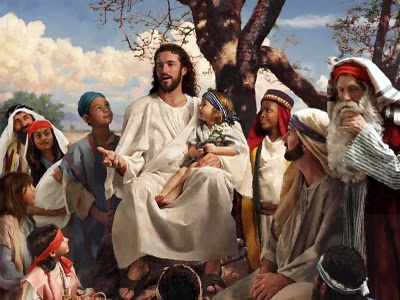3:00 A.M.
In the lobby
of the hotel
In Bangkok,
(Where, they
say
What happens
there must stay)
Stood a bone
skinny woman in an ugly purple dress
With no back
and hardly any skirt.
Dressed to
flirt
Hair a mess,
Tangled,
matted, she talked hurriedly,
Chattered
worriedly,
Seeking
reassurance from a cell phone,
A cell phone
half hidden from view by tangled hair.
Tangled hair
that also hid as it tumbled down,
Her skinny,
angular cheek bone, no longer brown
But as
purple as her dress from its encounter with the fist
Of the man
with the upper body
Sculpted
like an African god.
The drunk
man who looks like a god
The sullen
man who wonders why we’re making such a fuss
Too drunk even
to see the necessity of paying her off
With 5,000
baht.
Whatever.
She was
never
That hot.
A bundle of
bones in a purple bag
And an ugly
temper.
From a
well-used position of vulnerability
Reaching out
for the only strength available to her,
The strength
of the cell-phone,
The strength
of wheels and deals made with cops and pimps
And
aggrieved solidarity from other working girls
She limps
Through the
dark narrow streets of Bangkok.
Limping from
one man to another,
One wallet
after the other,
As they fly
in and out,
In and out,
On business
trips,
And pleasure
trips.
Lying,
standing, kneeling
No longer
feeling
Their
gnawing lips,
On her face,
Her neck,
Her bone
skinny breasts,
And their
hands only when they are fists.
Even the
body sculpted like an African god turns her on
No more or
less than the dirty old European retirees
With their
saggy speedos on the beach.
What
difference does that make to the whores?
Their money
is as good as yours
And they can’t
hit as hard.
And I,
looking into her lean, angular face
As cunning
and furtive as a fox
As she
stands
In the lobby
and demands
5,000 Baht,
I realize I
have nothing to say.
We just need
to get this taken care of and catch our flight.
I am coherent
because I slept that night
A couple of
hours anyway.
And I am
sober. I could go get 5,000 Baht
From an ATM
but I will not
Insult her
like that by trying to pay
For her
flesh, now purple, or covering up
For the man
who should have been a god;
Who looks
like an archangel and sullenly counts her price in slips of paper.
The injury
is not bad
The bruise
will fade
And after
all she has made
A life (as
much of a life as can be had)
From selling
her flesh to men with the bodies of gods
And men with
the bodies of slugs.
Men kind and
men savage,
Drunk and
sober,
Long or
short
Large or
small.
Purple flesh
just costs more. That’s all.
She is
already pained
There is
nothing to be gained
In beating
senseless the man sculpted like a god
For that
will not
Better her
life,
Erase the
bruise
Or pay his
dues,
Or make
amends to his wife
Pregnant
with their first child and home alone
Who will
never know or understand
What stayed
in Thailand
And what
perhaps came home.
Far away
In America
the next day,
In the heart of a woman who knows what love is
I tell the hooker’s
story
And offer up
my prayers
And tears
For they are
all I have to give
And no one
else lives
Who will
give
Even that.
 As much as I hate to admit it, there is a certain hierarchy in the spiritual life, as in the physical world. It is, perhaps, the most uncomfortable thing about the faith, that some things are true, others are not, and there is no getting around them when they are. The second most uncomfortable thing is the knowledge that I am fallible, and therefore I never truly know when I am right, and when I am wrong. So, in yesterday's discussion of Martha and Mary, I came to the conclusion that the "one thing needful" was love and the trust that must follow it. This takes different shapes, depending on the situation, but love is always the central thing.
As much as I hate to admit it, there is a certain hierarchy in the spiritual life, as in the physical world. It is, perhaps, the most uncomfortable thing about the faith, that some things are true, others are not, and there is no getting around them when they are. The second most uncomfortable thing is the knowledge that I am fallible, and therefore I never truly know when I am right, and when I am wrong. So, in yesterday's discussion of Martha and Mary, I came to the conclusion that the "one thing needful" was love and the trust that must follow it. This takes different shapes, depending on the situation, but love is always the central thing.



